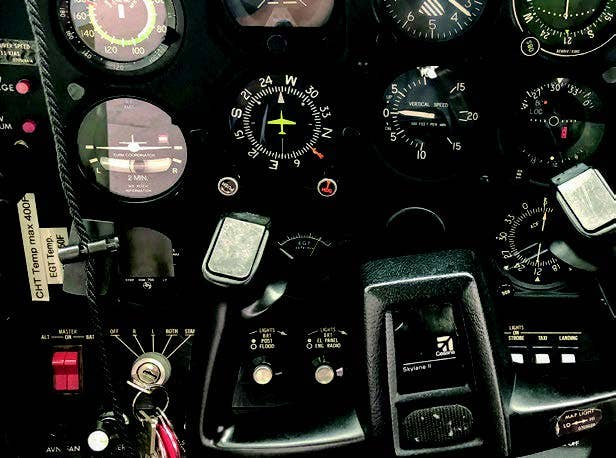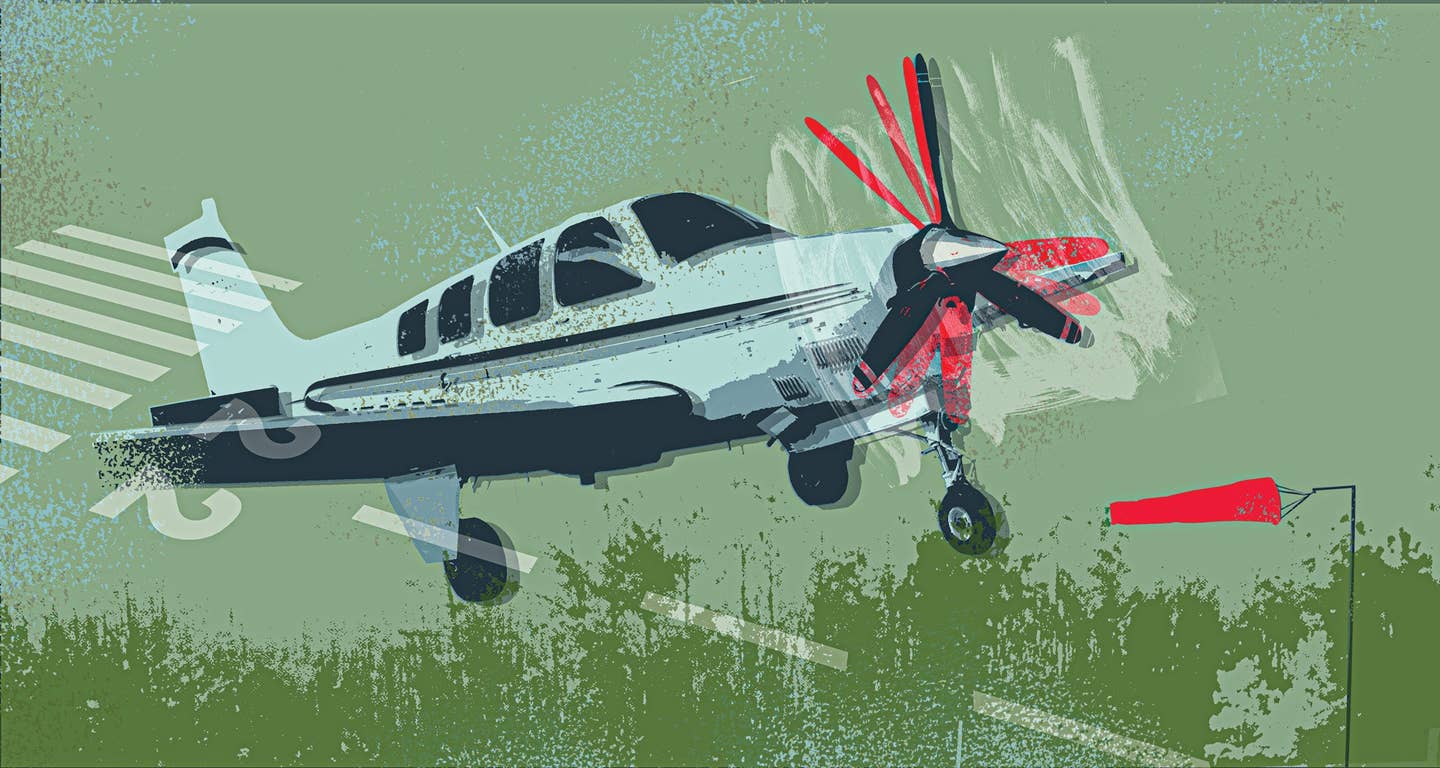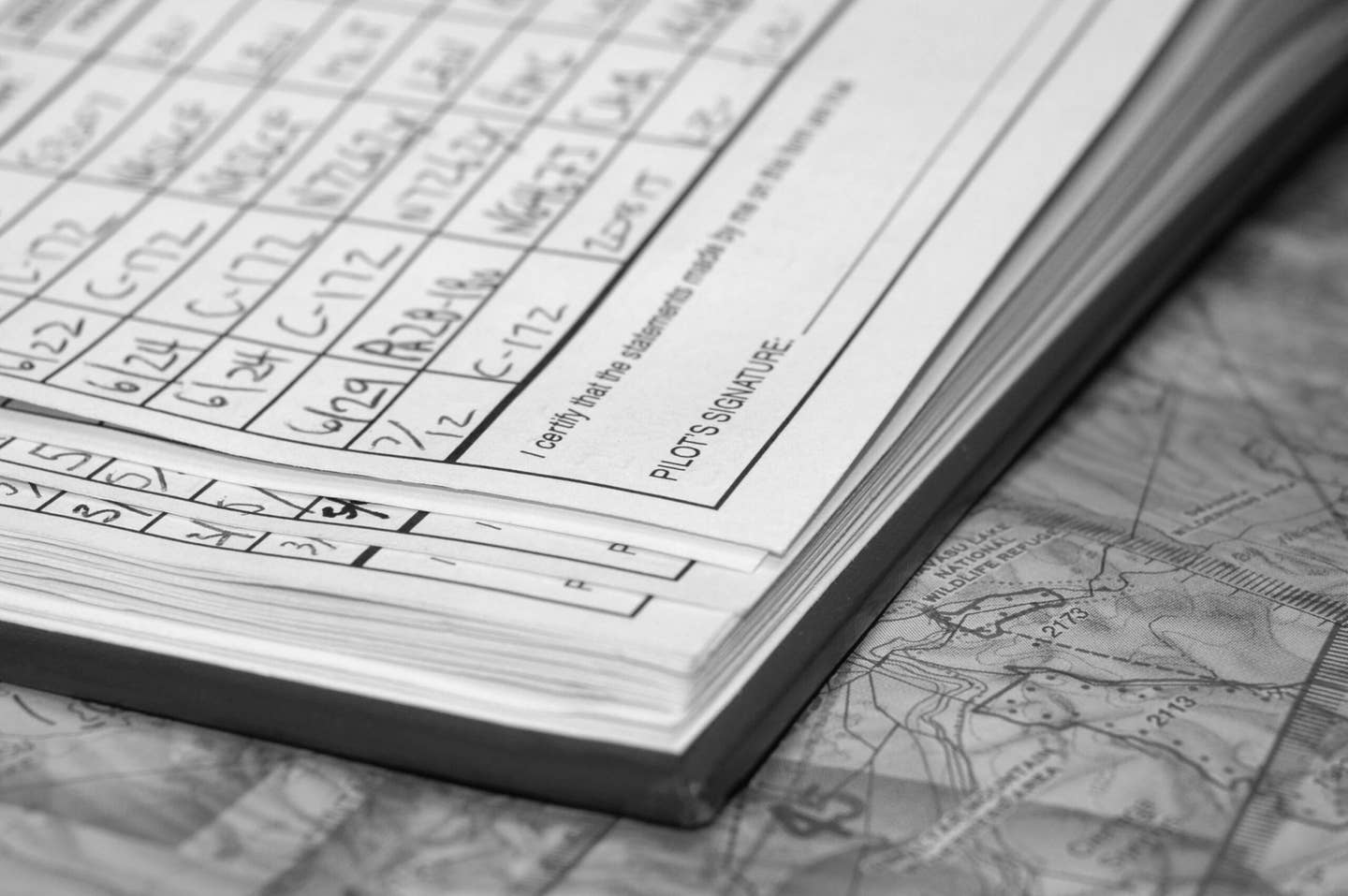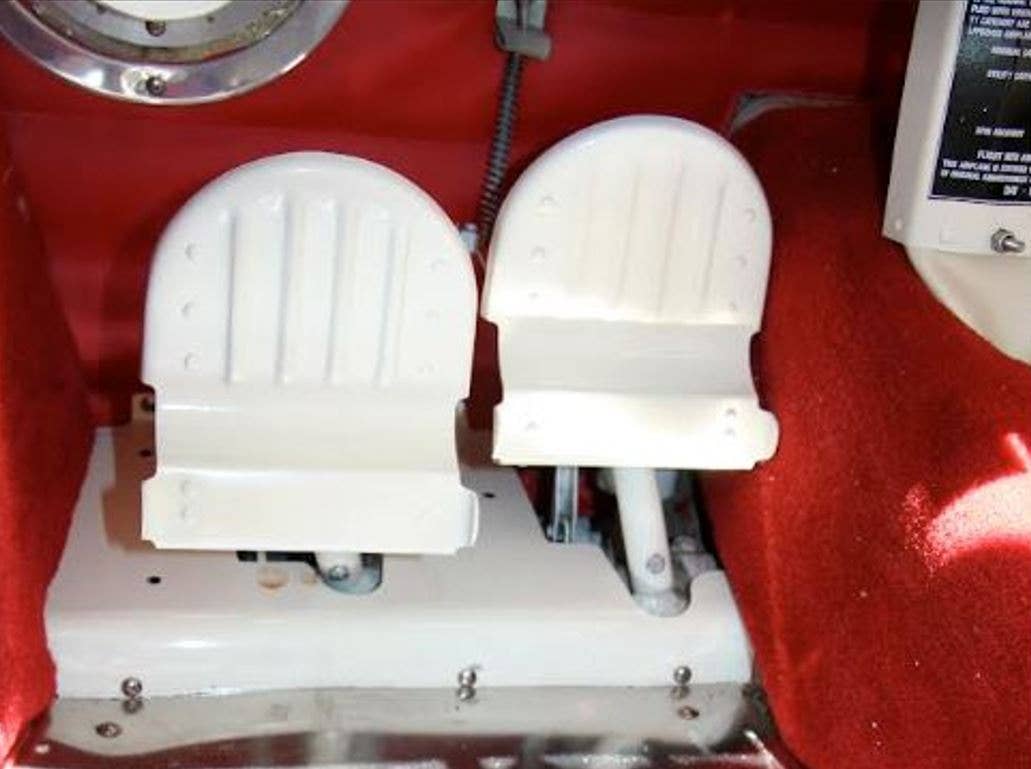
iPad Flying
The FAA says that a draft advisory circular that seemed to imply that rank-and-file Part 91 aviators would be held to the same standards as charter providers and the airlines when using EFBs (like the Class 1 Apple iPad) was never intended to change the regulatory lay of the land.
The FAA’s Steve Morrison, who authored the draft, said the goal of the document was not to change policy but to clarify the existing AC. Morrison, as it turned out, did not respond to a previous e-mail asking for clarification because he had been furloughed after Congress failed to renew the FAA’s funding in the wake of the debt ceiling debacle.
Morrison clarified that one of the major concerns over the draft--that it seemed to call for individual operators to get their Class 1 EFBs (again, iPads and other electronic flight aids) FAA approved was never intended or actually said. He stressed that the FAA doesn’t actually approve any EFBs, only the use of those EFBs by particular operators, which is done in a one-off fashion.
Regular Part 91 operators, he said, simply needed to confirm that their iPads or Garmin portables or other portable devices don’t interfere with the installed aircraft electronics or other systems, a check that the regs authorize the pilot in command to perform.
Concerns about the draft advisory circular had been raised by Aircraft Owners and Pilots Association (AOPA) and General Aviation Manufacturers Association (GAMA) in a press release that called for the draft to go "back to the drawing board." Flying also weighed in on the issue in an blog titled "Use an iPad Go to Jail," which called the FAA to task for the lack of clarity of the draft AC.
Morrison told Flying that he plans to personally contact each of the parties who had comments for the draft Advisory Circular to discuss those concerns, a process he expected to take about a month, as long as there were no new furloughs in the interim.

Subscribe to Our Newsletter
Get the latest FLYING stories delivered directly to your inbox






